Now that we know (and you do, too) we challenge you to honor the more than 28 million small businesses in the United States (and so, so many more across the globe) by signal-boosting their products and services. It won't cost a thing, and it can mean so much to the individuals who are working hard to deliver those services and products!
Here are 5 ways to support small businesses that don’t cost a nickel (and you can do right from your phone)!
If you like it, comment and share!Okay. So now that you're connected, you're probably going to see some articles, photos, memes, or other stuff that you think is fun / inspirational / interesting / enlightening / et cetera. In other words, you like it. So here's what to do:
|
Post to your favorite businesses' pages whenever you experience something good.It doesn’t even have to be an experience using their products or services! If you: - Saw an ad for their company that spoke to you, - Observed a positive interaction with another customer, or - Noticed an interesting new product, then: Write them a note on their page (and share it back to your own page)! When you have a positive experience with the business's staff or product, write them a review on their official review page (facebook, google, their own website review section). Include a photo (of you with the cupcake you enjoyed at their bakery, or paperback you bought at their bookstore, or just you wearing their branded gear)! People love pictures, and yours can tell a thousand words about your experience. And then (I bet you can guess . . .) Share your review to your own social media pages! |
Send a shout-out!Choose a social media platform that your favorite business uses regularly. Tag the business in a post encouraging your friends to follow them! Be specific about what you love about the organization and what is great about following them on that platform. What kind of information do you get? Behind-the-scenes looks? Sneak peaks? Discounts? |
Tag it!Tag your favorite businesses' "handles" in your posts about them. When our customers use "@ccdramatics" on a public post on instagram, facebook, or twitter, we receive a notification that we've been mentioned in a post, just like you would if you were personally tagged. Post with "@" tags are 56% more likely to receive likes, comments, and shares! Tagging us also helps keep us in the know about the conversations around our business, and just as importantly, allows other potential customers to easily click through that post to find our profile! And while you're tagging . . .Geo-tag your posts. Simply adding your favorite business’s location tag can increase engagement with you post by up to 79%. [source] Crazy, right? And the more folks that engage with your posts about your favorite businesses, the more folks with know about your favorite businesses, and the happier the world will be! Also, hey, include businesses’ personalized hashtags! At Compass Creative Dramatics, we search #oneplayoneweek to follow along with our customers’ experience - and potential customers do, too. If you’re not sure if your favorite business has a personalized hashtag, just ask. They’ll be glad to let you in on it. I promise. |
And, hey. It won't cost you a nickel.
Cathlyn








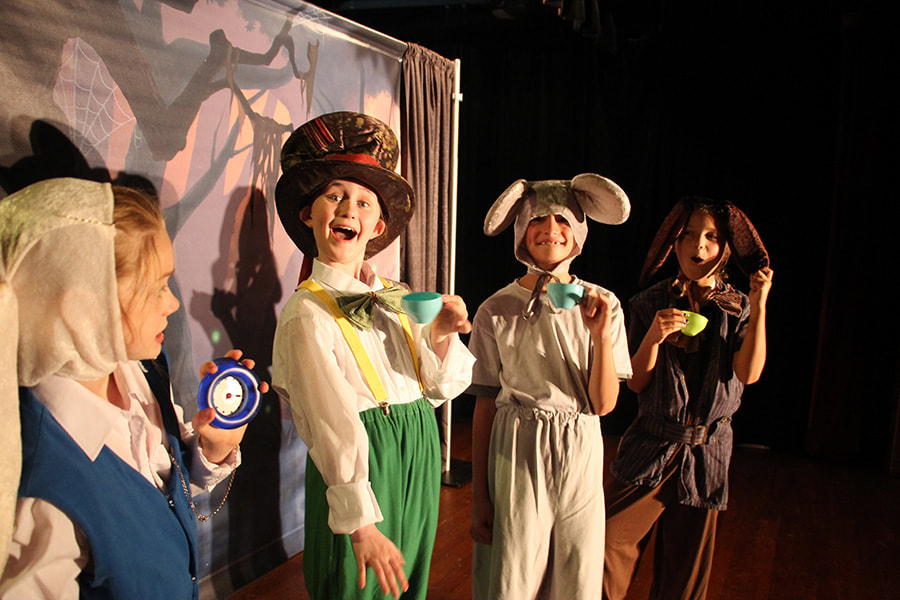


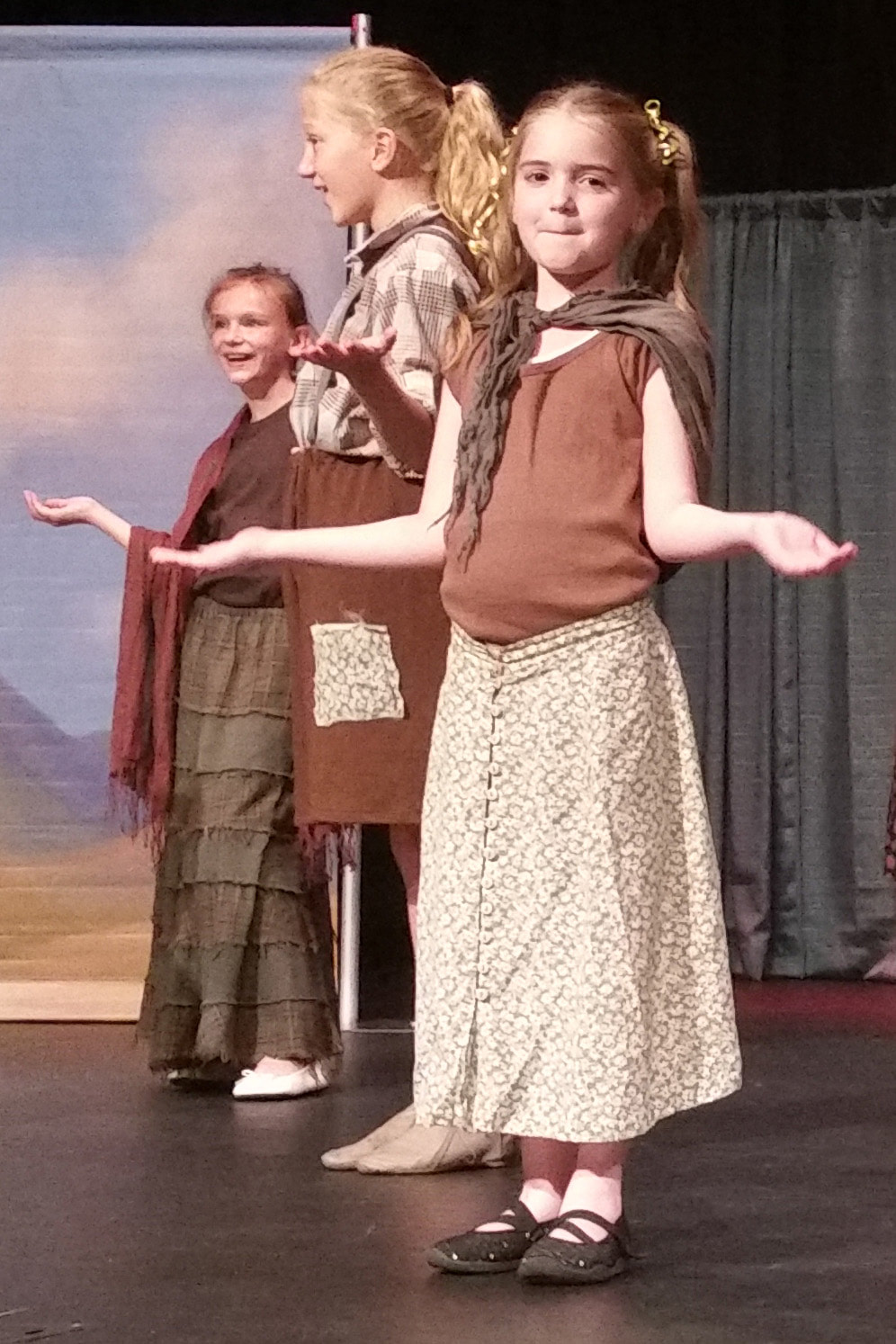




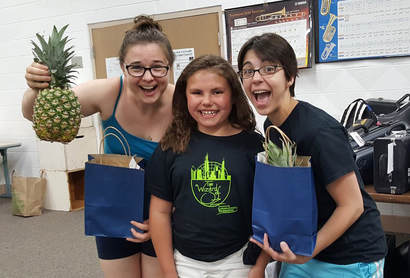












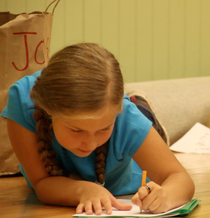
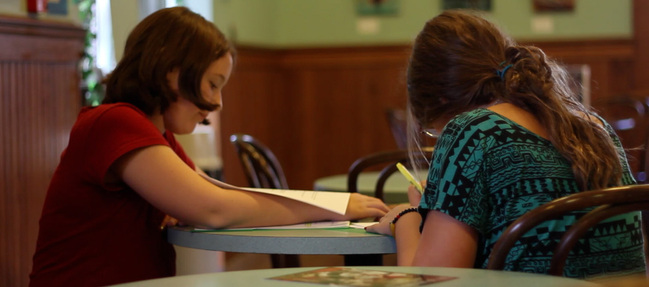



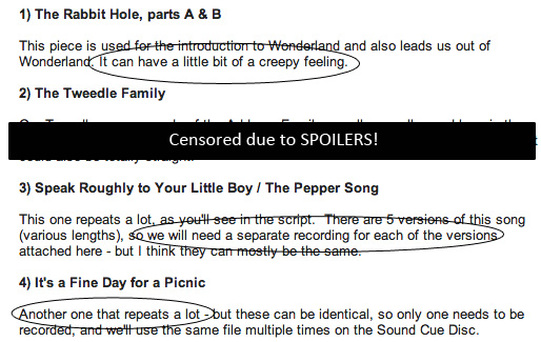

 RSS Feed
RSS Feed